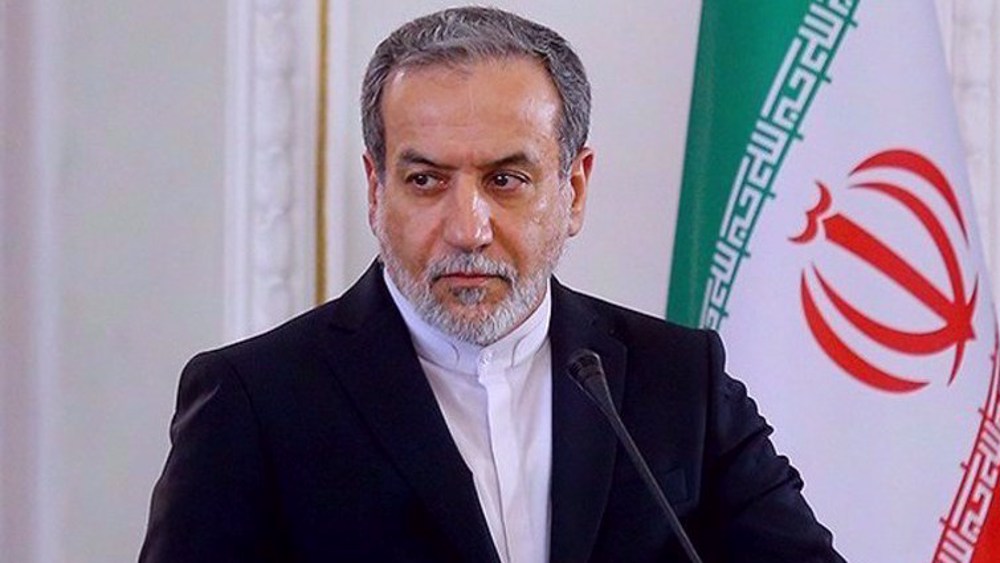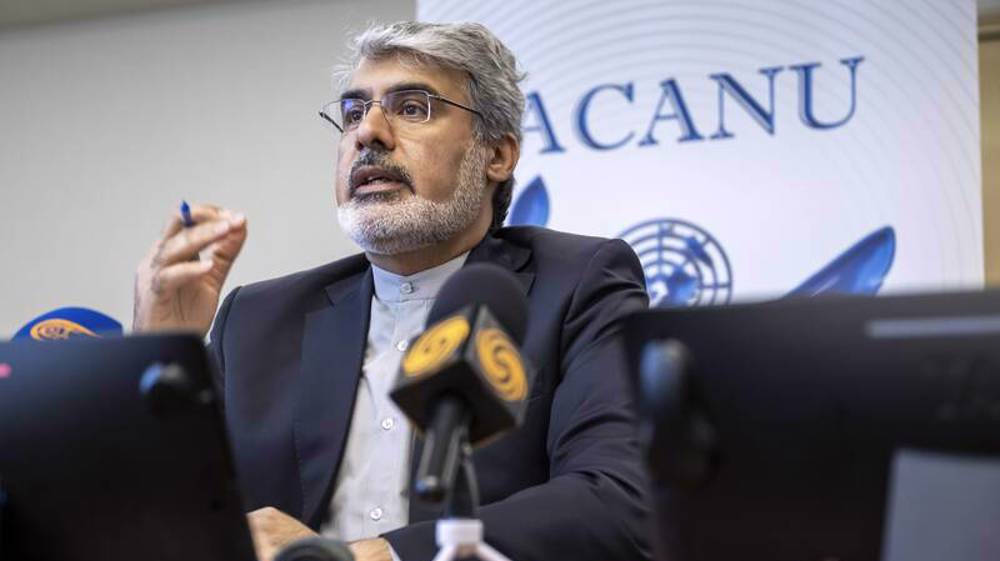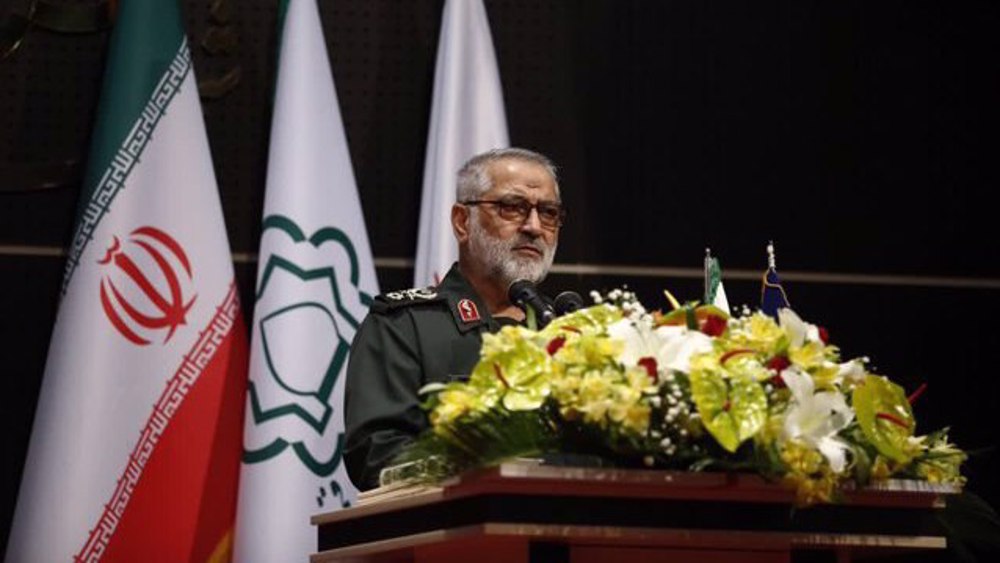Iran highlights diplomacy, reaffirms opposition to military solutions to Afghan conflict
Iran’s Foreign Ministry Spokesman Saeed Khatibzadeh has reaffirmed Tehran’s support for intra-Afghan peace talks, dismissing any military solutions to nearly two decades of militancy and violence since the US invasion of the country in 2001.
“We believe in peace talks between Afghans, because war and violence in Afghanistan do not bring about peace,” Khatibzadeh told IRIB in an exclusive interview on Wednesday at the end of his two-day official visit to Kabul, where he held talks with senior Afghan officials on bilateral ties and matters of mutual interest.
He said the Islamic Republic of Iran supports Afghanistan’s current political structure as well as the rights of religions and minorities in the country, based on which Tehran seeks to develop a road map for the promotion of ties with Kabul.
“The Islamic Republic of Iran is the only country that has paid a high price for maintaining the current political structure of Afghanistan, and this structure should be respected, but the regime at the White House is trying to destroy Afghanistan's future through secret deals,” Khatibzadeh said.
He pointed to US plans to withdraw forces from Afghanistan, and said, "No country can invade another country and leave its sinister legacy behind."
"The United States, as a country that invaded Afghanistan, needs to abide by international law and not hand over a burnt Afghanistan to its people," he said.
On his meetings in Kabul, Khatibzadeh said that he sat down with Afghan government officials, including Abdullah Abdullah, head of Afghanistan's High Council for National Reconciliation, and Political Deputy Foreign Minister Mirwais Nab.
"In these meetings, bilateral relations in various fields, including cultural issues, media and diplomacy were discussed,” he said.
The US invaded Afghanistan in 2001 under the pretext of battling terrorism after the September 11 attacks.
Although the US invasion toppled the Taliban regime, it failed to reduce militancy in the country, which continues to persist despite so-called peace talks between Washington and the Taliban militant group.
The Pentagon has recently announced that US President Donald Trump will sharply reduce the number of the country's forces in Afghanistan from 4,500 to 2,500 before he leaves office.
Acting Secretary of Defense Chris Miller has said about 2,000 troops would be pulled out of Afghanistan by January 15.
In a deal clinched between the US and the Taliban in February, the United States promised to pull out all its troops by mid-2021 in return for the Taliban to stop their attacks on US-led foreign forces in Afghanistan.
Italian farmers protest EU-Mercosur free trade deal
VIDEO | Russian FM holds annual press briefing, highlighting ‘equality-based’ diplomacy
VIDEO | Israel rejects Gaza 'technocratic body' amid continued suffering in Gaza
Iranian prodigy Benyamin Faraji wins Under-17 title in Qatar
VIDEO | Press TV's news headlines
VIDEO | Tehran residents condemn US-Israel orchestrated mosque arson, vandalism
VIDEO | South Koreans demand end to joint US military drills and provocative policy against North Korea
VIDEO | A silent grief: Palestinian man struggles to recover remains of wife, children












 This makes it easy to access the Press TV website
This makes it easy to access the Press TV website